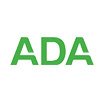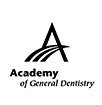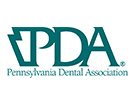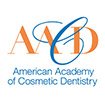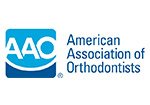5 Common Instruments That Your Dentist Uses
May 11, 2023
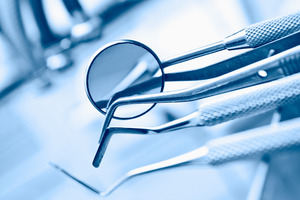
Do you feel nervous whenever it’s time for a dental checkup? One possible contributing factor to your anxiety may be that you’re not entirely sure what your dentist is doing inside your mouth. As such, becoming more familiar with some of the tools they use and what they do could help you stay calmer in the dental chair. Here’s a brief look at 5 of the most common dental instruments.
1. Mouth Mirror
There are all kinds of spaces in your mouth that would be very hard to examine normally, which is why your dentist uses a mouth mirror. This is simply a metal stick with a mirror at the end. It allows your dentist to examine the teeth and gums from different angles in order to check for cavities and gum disease. It can also be used to gently move your tongue out of the way if necessary.
2. Sickle Probe
One dental instrument that may stick out in your mind if you have dental anxiety is the sickle probe (sometimes called a dental explorer), which is notable for having a sharp-looking hook. While looking at it might make you nervous, a sickle probe provides a helpful way for your dentist to check for cavities and other issues on the surface of your teeth. Catching these problems early is essential for protecting your oral health.
3. Scaler
You can remove plaque from your teeth and gums by brushing. Tartar, on the other hand, is hardened in place, so you can’t get rid of it by yourself. Your dentist can get rid of built-up plaque and tartar with an instrument known as a scaler. It has a hooked end like a sickle probe, but it’s specifically designed for removing substances that can lead to tooth decay.
4. Saliva Ejector
Sometimes it’s easier for your dentist to work with a dry surface, which is why they may use a saliva ejector. This instrument works like a vacuum to remove saliva from your mouth so that it doesn’t get in the way of dental treatment. As a side benefit, it can also help sanitize your mouth by getting rid of aerosolized germs.
5. Dental Drill
Despite the noise it makes, a dental drill is nothing to be afraid of. In fact, it plays a critical role in treating cavities by allowing your dentist to get rid of the decayed parts of your tooth. A local anesthetic is often used to ensure your comfort during treatments involving a dental drill.
Are there any other instruments that your dentist uses that you’ve been wondering about? Feel free to ask about them during your next appointment! It’s always good to learn as much as possible about the tools that help protect your smile.
About the Author
Dr. Mark Simeone aims to provide Coatesville patients with a place where they can have dentistry done without feeling embarrassed about their smiles. He studied dentistry at Temple University’s Kornberg Dental School. He completes around 200 continuing education courses each year, and he makes use of the latest dental instruments. To schedule a consultation with Dr. Simeone at Chester County Dental Arts, visit his website or call (610) 383-1600.
No Comments
No comments yet.
RSS feed for comments on this post.
Sorry, the comment form is closed at this time.

